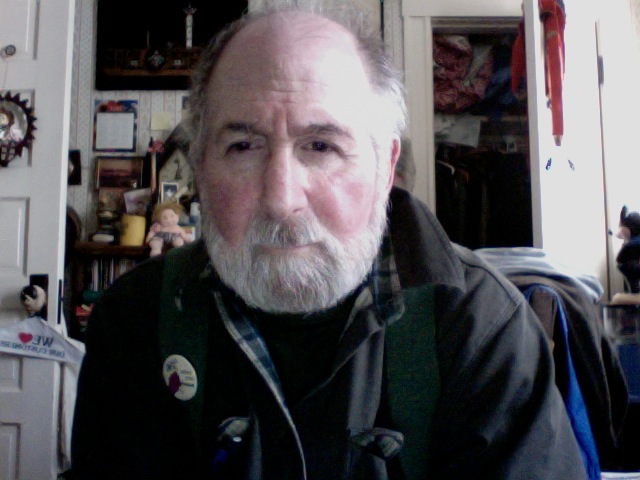Atria Books—An Imprint of Simon and Schuster, Inc., 1230 Avenue of the Americas, New York, NY 10020
“I must tell you, it was not easy for me to raise my right hand and say, ‘I, Willard Strickland, a Negro, do solemnly swear to perform the duties of a Negro policeman’—Officer Willard Strickland, Atlanta Police Department, Retired, in a 1977 speech recalling his 1948 induction as one of the city’s first eight African-American officers.”
This is a powerful story of what it was like to be a black officer of the law back in 1948 in Atlanta, Georgia. This book tells what it was like for a black officer to enter the door marked “Colored” when called upon to testify in court. They would wear their civilian clothes, carrying their uniforms in a gym bag, and change into their uniforms in a closet-size room set aside for this purpose before proceeding to the courtroom.
The seeds of the deaths of so many black men who have been killed by police officers who walk free—impeded only by cell phone camcorders—were sown in the days following the abolition of slavery in the United States. These events would have been unknown and were unknown for many years. “Darktown” is the camcorder of those early days.
 “Darktown” tells about this ugly part of American history, which was never taught in schools. The book begins when a white man, Brian Underhill, a former Atlanta police officer, driving a Buick with a woman of color in the car. He hits a telephone pole and drives away from the scene, as Lily Ellsworth, who was shot in the chest, flees into a deserted yard and dies. She remains unknown to everyone except one black officer. At the scene is a white policeman who, at one time, partnered with Underhill but acts as if he doesn’t know him.
“Darktown” tells about this ugly part of American history, which was never taught in schools. The book begins when a white man, Brian Underhill, a former Atlanta police officer, driving a Buick with a woman of color in the car. He hits a telephone pole and drives away from the scene, as Lily Ellsworth, who was shot in the chest, flees into a deserted yard and dies. She remains unknown to everyone except one black officer. At the scene is a white policeman who, at one time, partnered with Underhill but acts as if he doesn’t know him.
Her body is found decomposing some time later and is brought back to the station morgue as a Jane Doe. Officer Lucius Boggs, unknown to the police department, gives information about the girl (who is not considered a woman because of her race) to a reporter for a black newspaper. Her father, who has not seen her for two years, comes in to identify the Jane Doe and meets Lucius Boggs.
They enter the station morgue and are refused admittance until two white detectives, who know nothing about the case, are called down to go to the morgue with them. The horror of what happens next is incomprehensible to most people alive today.
The book “Darktown” by Thomas Mullen tells how the black officers are treated, how they are ostracized by the white officers and the members of their own community who see them as cooperating with the enemy in a world of insane behavior. At the beginning of the book, there are eight black police officers in Atlanta. They had their own entrance to the police station and a separate locker room. They walked a beat and were not allowed to drive police cars.
Even today, both in the South and in parts of the North, there are segregated areas. In the South, lines are so starkly drawn that you could drive down a street where whites own all the businesses. Then, at a cross street, you are suddenly in non-white Darktown, even in this supposedly enlightened age.
In the Atlanta police department, emotions run high. Some white police officers think having black police officers is a good thing, but they have to keep their thoughts to themselves or face ostracization.
There’s even a betting pool with a reward for an officer who kills a black cop, unspoken and mysterious, like so many murders of black people. Truth to power is not only unspoken but, to some, unspeakable.
Black police officers in uniform do not travel in the countryside outside of the city for fear of losing their lives or being accused of things they haven’t done. The nicest black brothel is on the edge of Darktown, where a former Atlanta policeman, Brian Underhill, often takes a woman out but never brings one back. Underhill also fled the scene where Lily Ellsworth was later found dead.
Lucius Boggs was under the impression that the former officer was a customer of the brothel but finds out from owner, Mama Dove, that the officer is not a customer but a competitor who takes women that certain powerful men are interested in for their own use, whatever that may be.
“Darktown” is a powerful book. When you’ve read it, it will reverberate in your thoughts continuously. I was deeply moved by the carryover of the events in the story into today’s world. “Darktown” should be on a list of recommended books for students in high school.

Leave a Reply
You must be logged in to post a comment.